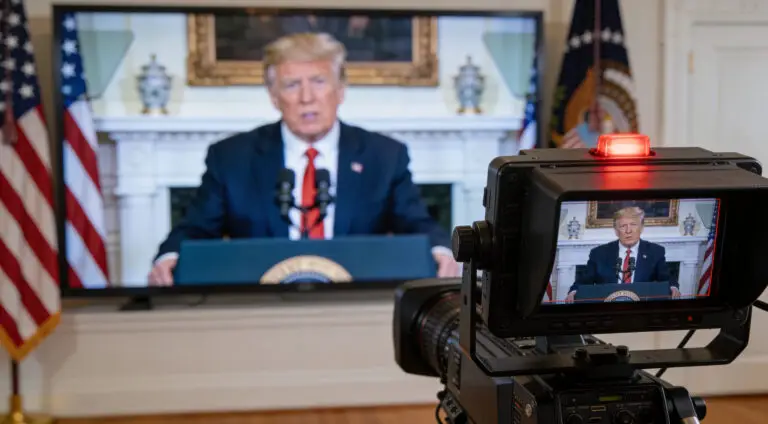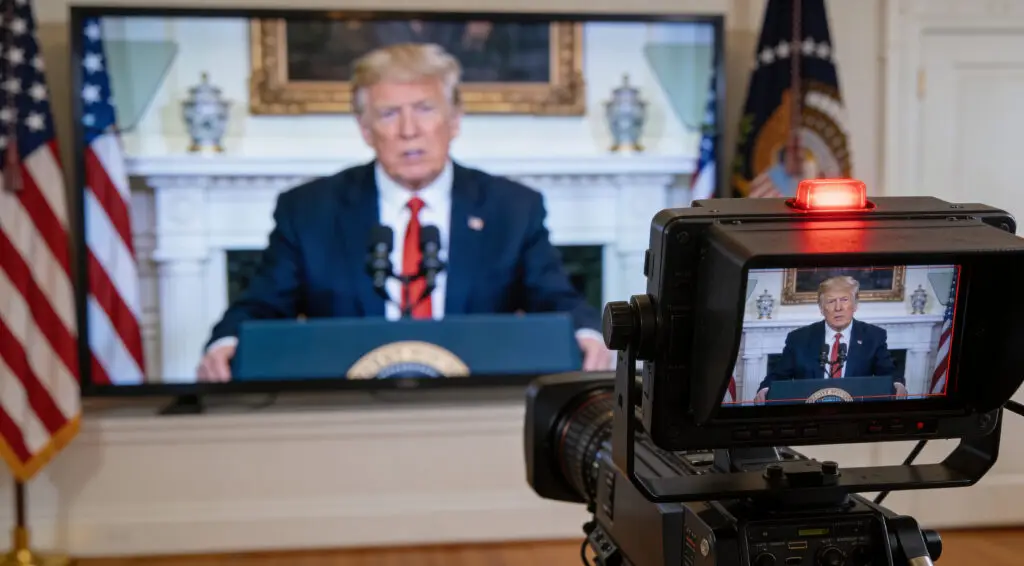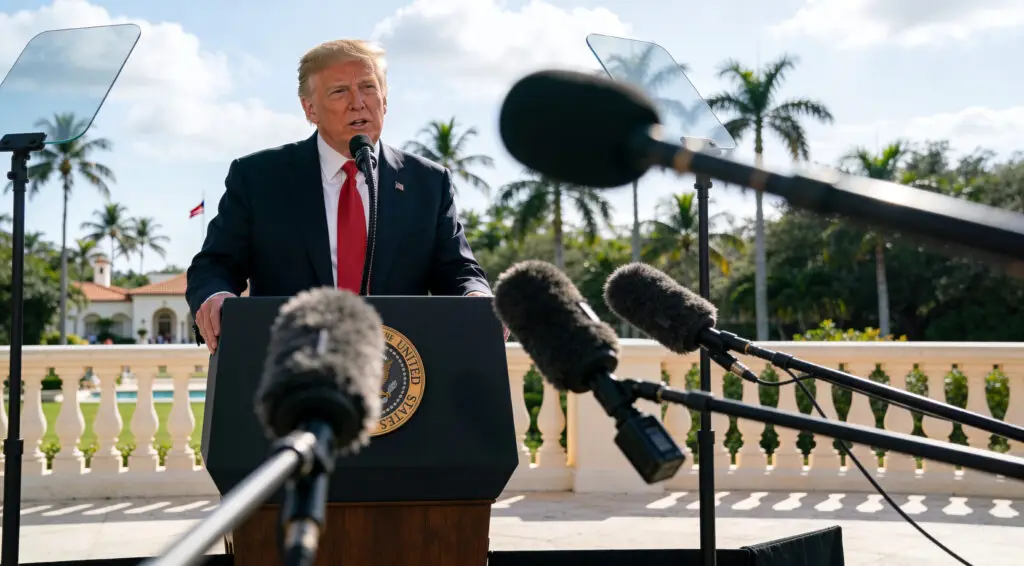Spotify has announced a new initiative to promote Australian music. The campaign, dubbed ‘Turn Up AUS,’ comprises an editorial center and playlists on the music streaming platform, the active hosting of both live events, and educational initiatives for the industry.
A Comprehensive Approach: Posts, Events, and Lectures
In a statement with The Music, Mikaela Lancaster, who is the managing director of Spotify Australia and New Zealand, stated that ‘Turn Up AUS’ will be an all-inclusive platform across all levels of Spotify that will feature verticals like ‘research initiatives, industry relations, advertising and outreach, and materials expenditure marketed through OOH and social media,’ as they are ‘strong impact channels’ worthy of being ‘substantially funded.’
The Quota Conundrum: One of the Main Factors Motivating The Campaign
The release of ‘Turn Up AUS’ is also in regard to a more recent inquiry issued by the parliament in Australia. This inquiry, which was centered around the live music industry, presented a set of recommendations and one that has raised concerns is the idea of putting direct quotas on streaming services.
The parliamentary committee proposed that the Australian government consider partnerships with streaming services to increase the share of Australian content in their algorithms or automated playlists.
Should no collaboration take place, the committee suggested that stronger legislative action to require and enforce higher proportions of Australian music should be “strongly considered.”
Such an approach to mandated quotas is not uncharted territory for Australia’s music industry. In fact, similar ideas were entertained in 2023 by Australian arts minister Tony Burke. Known for opposing such policies, Spotify has maintained its position, as with previous resistance to Canadian quota policies.
Spotify’s Position: Safeguarding International Market Access for Exporting Australians
Lancaster clarified Spotify’s position in her interview with The Music. While acknowledging plenty of interest in Spotify’s technology, she warned against the impulse to simplify how it works.
Further, Lancaster defended limited participation in policy aimed to address the issues and the adverse effect it would have on Australian artists’ international marketing opportunities.
She cautioned that “setting the precedent that markets favor their domestic artists could have some really unintended but seriously negative consequences for Australian artists.” Lancaster contended that the ongoing dispute over trade may offer relevant lessons, arguing that the same protectionist approaches in the music industry could be just as harmful as tariffs. “We should take some lessons from this tariff situation unfolding. Markets will protect their own,” she remarked.
A Focus on Discovery: Connecting Artists and Fans
‘Turn Up AUS’ looks to enhance the discovery of Australian artists by new fans. The Spotify platform can potentially provide an international stage for musicians; the aim of the campaign is to unlock this opportunity for Australian artists.
Celebrating Australian Music: A Diverse and Vibrant Scene
Australia features a rich and vibrant music industry with many different genres and styles. ‘Turn Up AUS’ will promote this diversity by featuring well-known and lesser-known musicians to the general public.
The Future of Australian Music: A Global Stage
This campaign represents a major investment in the future of Australian music, focusing on nurturing its development while ensuring its sustained success both in the country and abroad.
Promoting While Preserving Interests, a Balancing Act
The ‘Turn Up AUS’ campaign run by Spotify marks an important milestone in promoting Australian artists, enabling greater access for the audience. At the same time, it attempts to circumvent the possibility of government-imposed quotas. The campaign is illustrative of the ongoing discussion on how local artists are promoted in the era of digital technology—seeking proportional investment in advertising and avoiding overly protectionist policies that would limit competition from overseas markets.














